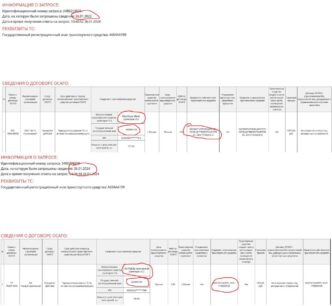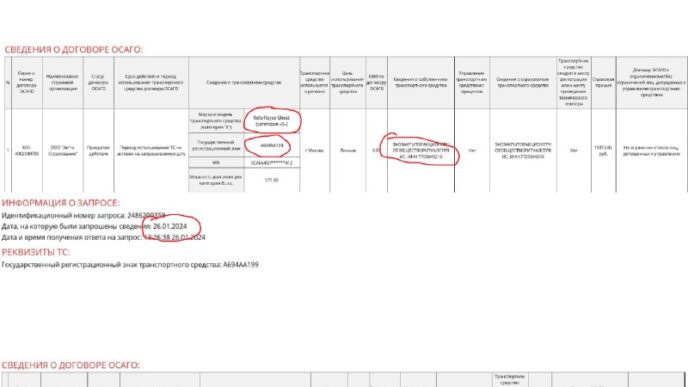There are a lot of different types of nurses out there. Elevate your nursing career with an MSN degree that aligns with the needs of today’s healthcare system. Choose from accredited Master of Science in Nursing programs that focus on what matters most: improving health outcomes and advancing nursing practice.
Nurse Practitioners fill a healthcare gap by working in an intermediate role between nurses and physicians. They have greater autonomy and can diagnose patients and prescribe medication.
How to Get an MSN Degree
Getting an MSN FNP degree requires a significant commitment, especially for working professionals with other career and family obligations. US News notes that MSN programs generally include advanced coursework and may require more clinical hours than traditional undergraduate nursing degrees.
However, if you already have a bachelor’s degree in nursing, you can earn an MSN through online “bridge” programs that help to streamline your graduate-level education. This option is often less time-consuming and more cost-effective than completing an entire master’s program from scratch.
As you prepare to pursue an MSN, remember why you became a nurse and your passion for this profession. It will help you stay focused during the program’s rigors and maintain your motivation as you advance your career. Whether you are a registered nurse or another healthcare professional, an MSN opens the door to limitless opportunities for advancement.
Coursework
Nurses are essential in healthcare, working with patients and in management. Earning an MSN allows nurses to build on their existing career experience and education while advancing their skills.
An MSN in Family Nurse Practitioner is an advanced nursing degree that prepares nurses to treat patients as primary healthcare providers, deliver preventative and wellness services, diagnose illnesses, and prescribe medications under physician supervision. FNPs work closely with patients to develop long-term relationships, providing a holistic approach to healthcare.
MSN programs require the completion of set coursework and clinical hours.
Exam Preparation
The nursing profession requires a significant commitment from those pursuing it. To become a nurse practitioner, individuals must obtain an associate degree in nursing (ADN) or a four-year bachelor of science in nursing (BSN). They must then pass the National Council Licensure Examination for Registered Nurses and complete a master’s program to become eligible to sit for the Family Nurse Practitioner (FNP) certification exam.
RNs seeking to take their careers to the next level may want to consider enrolling in a BSN to MSN program, which is ideal for nurses with a BSN who are interested in becoming nurse practitioners or other advanced practice RN roles such as certified nurse midwife (CNM), clinical nurse specialist (CNS) and certified registered anesthetist (CRNA). These specialized MSN programs also offer training in a specific area of health care, including aging adult health, women’s health, and pediatric primary care. Once completed, RNs can sit for a FNP or other advanced nursing role specialty certification exam.
Career Opportunities
A master’s in nursing degrees opens up a variety of career paths. These include becoming a nurse practitioner, a clinical nurse leader, or a nursing professor. An MSN also leads to higher entry-level salaries, earnings, and career advancement opportunities.
Your career path is based on your personal and professional interests and community needs. Family nurse practitioners work in various healthcare settings, such as physician offices, hospitals, ambulatory centers, and clinics. Twenty-six states grant FNPs full practice authority without needing collaboration agreements with physicians, while many MDs collaborate with nurses in their clinics and ambulatory care facilities.
Whether you are an experienced registered nurse or have a bachelor’s degree in another field, the Online MSN program is designed for change-focused nurses like you. The CCNE-accredited program offers five popular role specialties and one-on-one support throughout the process.














